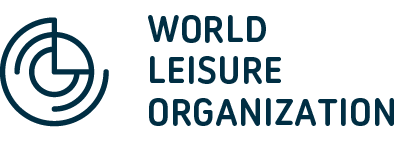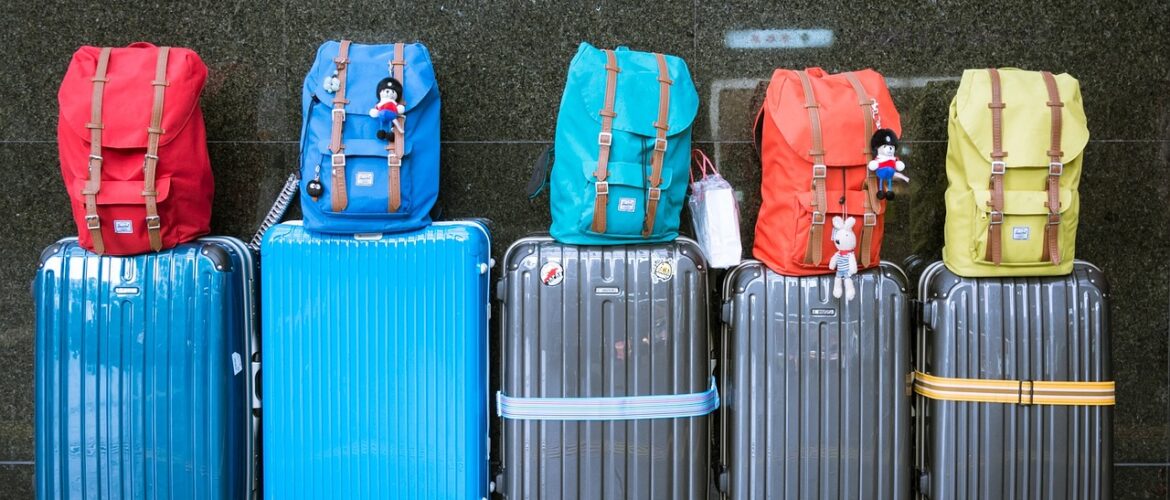The 2018 Douglas Ribeiro de Silva International Field School (24 August-1 September 2018) is a learning opportunity that combines a 4-day field experience with attendance to the 2018 World Leisure Congress (São Paulo, Brazil) “Leisure Beyond Constraints”. A total of 30 students will be participating in this international Field School, from World Leisure Centers of Excellence (WLCE) NHTV Breda (the Netherlands), University of Otago (New Zealand), and Vancouver Island University (VIU), as well as from numerous Brazilian universities. The focus of the Field School will explore “Dark Tourism”, which can be studied under various names; favela, slum, township, poverty tourism and poorism. A community-based response to the growing demand for tourism in the favela, and an organized response to the exploitation carried on by favela tours today has a far reaching leisure context that will be explored in São Paulo.
As a legacy from the experience of the Field School, a volume will be published compiling innovative case studies of the issues addressed in Brazil. Each case study in the volume will include a detailed description of the issue, opportunity or trend tackled, as well as information on the context, the stakeholders involved, the approach used and the lessons learned, among others. The volume will follow the model of the “Innovative Leisure Practices” series published by WLCE at VIU, whose 2016 and 2015 volumes are available online.
Dagmar van Ham, who attended 2016 Field School as a student at WLCE NHTV Breda, points at the exchange between local and international students as one of the main highlights of the Field School:
“Even though the Field School of the World Leisure Congress 2016 has been over a year ago, it is still very much at the top of my mind. I have acquired such a great amount of knowledge, not only about leisure, but also about different cultures, especially about the hosting country, South-Africa. The Field School project was meant to aid a local initiative, and hence, we went on research adventures to find out the essence of the area and to see how we could contribute. I call them adventures because for me, they have challenged me on a personal level and helped me grow. The fact that we were working on the Field School project with international students that had different perspectives made the project extra special. Local students were the foundation. They knew the ins and outs about the community and were the voice of the people. However, all other students were of great value as well. Each had their own ideas about what leisure is and what it could and should be, and this all contributed to the end goal; to create a cohesive plan for the Durban Corridor Area. We learned from each other. We learned about each other. To get to know these beautiful individuals and to see and to exchange ideas was a really great opportunity to widen my own perspective on leisure and to grow as an individual. We were all different, but in that moment, we felt the same. I am very thankful for this experience”.
Since 2016, World Leisure Field School is named after Douglas Ribeiro da Silva, one of the students who participated in the 2014 WL Congress. Unfortunately, Douglas is no longer with us, but he left part of his legacy on the way he lived. In spite of all adversities in his life, he chose education and knowledge as the path to be followed in order to change society, to empower and emancipate people. His life was an inspirational example on how to overcome difficulties and discrimination with knowledge. We would like to keep his spirit alive by naming the Field School after him.
More information about the 2018 Douglas Ribeiro da Silva International Field School in São Paulo will be coming soon.</pZ




